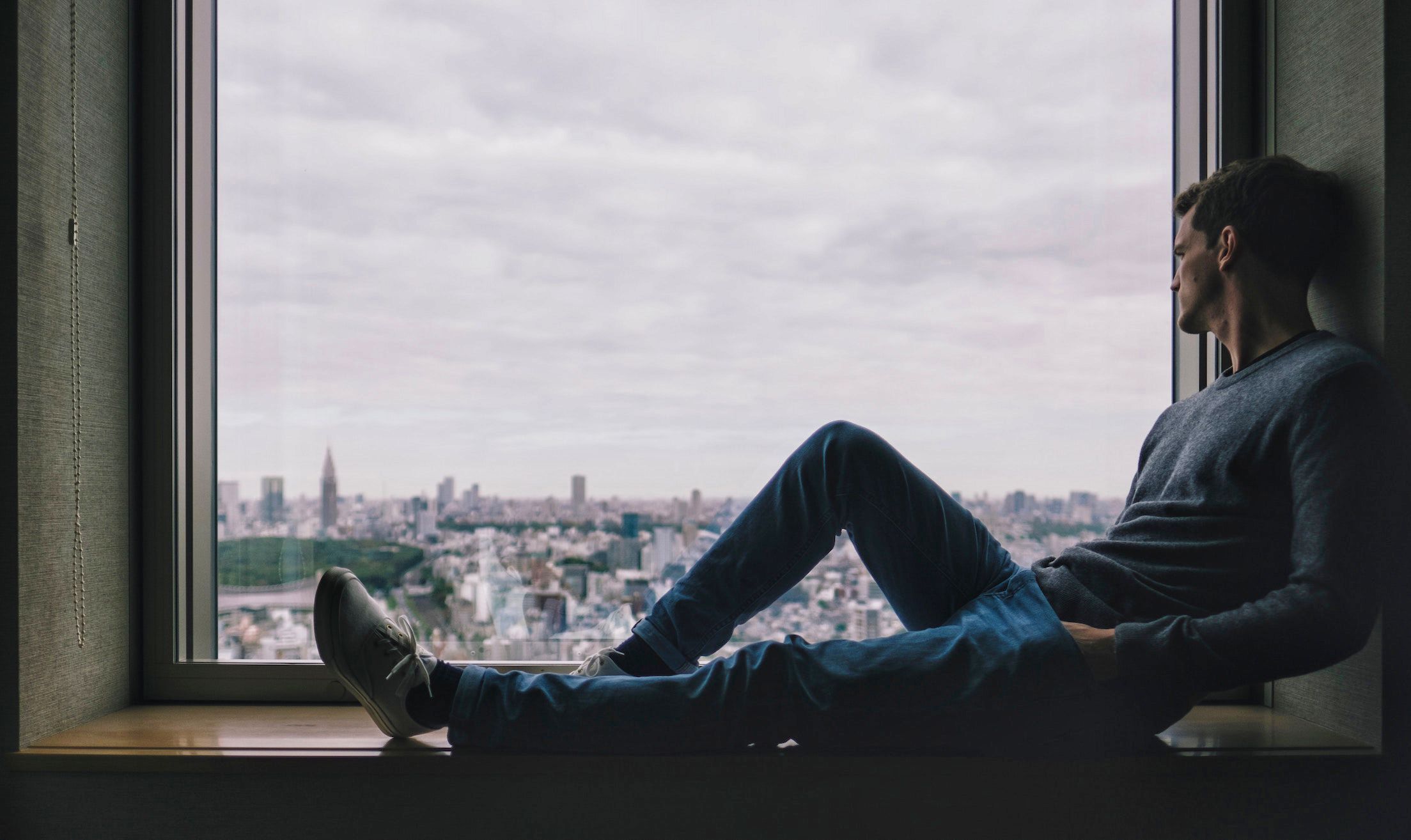Bigorexia, AKA: Muscle Dysmorphia or more broadly, Body Dysmorphia, is a condition where a person becomes fixated on a particular part of themselves that they dislike and want to change.
In the case of Bigorexia, this would be the will to become bigger and more muscular. More often than not, people associate body image issues with women, however, Muscle Dysmorphia is something that typically affects guys more than girls.
We are all aware of the endless images of ‘perfect’ women’s bodies that the media bombards us with. However, what people sometimes fail to realise is that guys have to deal with similar body image pressures on a day-to-day basis as well and these can be extremely tricky to navigate.
Whilst the body positivity war wages on for women, and don’t get us wrong, we think it’s fantastic, we have to ask ourselves, are guys getting a bit… left behind?
Predominantly, guys’ bodies in adverts are still the chiselled, muscular, rock solid frames they always have been, whereas women’s ads have consciously been progressing to be more inclusive of all body types (albeit very slowly).
After seeing image upon image of hench, muscular guys on the regular, it quickly plants the seed in our minds, that what we’re seeing is the ‘normal’ male body type. It’s no wonder then, that many guys feel as though they’re just not big enough…

What is MDD?
It’s a common feeling among guys with MDD that they’re bodies are underdeveloped, their muscles are too small and that they are underweight, even if this is clearly not the case. Guys who are in good physical shape, work out a lot and are by anyone else’s standards, considered muscular, could be seeing themselves as weak, skinny, or underdeveloped because they see a dysmorphic reflection of themselves when they look in the mirror.
Muscle Dysmorphia, like Body Dysmorphia, is a strand of Obsessive Compulsive Disorder. People with MDD are likely to display obsessive-compulsive behaviours such as overtraining (working out too much), lifting weights that are way too heavy or continuing to train when injured in an attempt to gain weight, muscle definition and bulk.
Other behaviours include disordered eating, becoming fixated on consuming large amounts of calories or protein, compulsively body checking or measuring their muscles, depression and mood swings, lack of self-confidence, prolonged mental health problems and even steroid abuse.
It’s not currently known how many guys are living with MDD but here’s one guy’s account of it:
“Pretty soon I stopped going on nights out, at home or at University. I’d text my friend’s excuses: “Sorry, I didn’t see the message” or “I fell asleep.” I wanted to see them but this voice inside me insisted, “You can’t go out. Look at you, you still look awful.” I basically excommunicated myself from my friends.” – Check out this guys’ experience of MDD.
…And here’s the real kicker: because MDD is associated with body image and mental health, it’s not something a lot of guys want to discuss or are even aware of. This means there are loads of guys out there dealing with this issue who aren’t getting any help. The stigmas surrounding mental health really are stopping people from accessing the help that they deserve and this is having catastrophic outcomes.
Dr. Christian Jessen spoke out about his experience of BDD:
“That’s the nature of the beast: what I see is not what other people see. This perception of myself can get more and more disjointed, especially if I’m going through a rough patch. It gets shifted the wrong way; too far from reality, and too close to my own feelings of inadequacy and low self worth. It’s a disconnect between what I see and how I feel about myself, and what is actually going on, in the real world!
I’m better now, or certainly much better than I was. Now if a dark patch looms, which they still do, then I’m much more able to recognise it. I’m more aware of how I may start to feel and I know what to do to not let it take over. I think too often to other people it just sounds like a rather vain moan “Oh, I’m not happy with my body” but it’s really not that, it’s a far more pernicious beast, stemming in part from never quite being good enough. One isn’t striving valiantly to succeed and to be better; one is scrabbling desperately not to fail.”
The way we see ourselves vs the way others’ see us can be very different indeed. Imagine if we spoke to each other in the same way we spoke to ourselves. Large parts of our lives and identities are played out and affirmed in online spaces but this means we are becoming increasingly self-critical because of the images we are comparing ourselves to.
It’s time to start being kinder to ourselves.
Wanna talk about it?
You can get expert help for MDD or any other kind of Body Dysmorphia from the Body Dysmorphic Disorder Foundation: BDD Foundation or the Mental Health Experts at Mind.
If you just want someone to talk to, you can hit up Ditch the Label and chat with a digital mentor on our online community: dtl-staging.org/2020/community/













